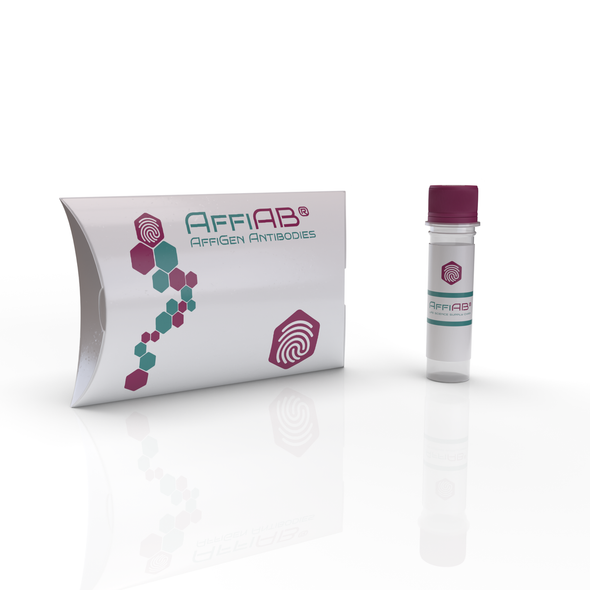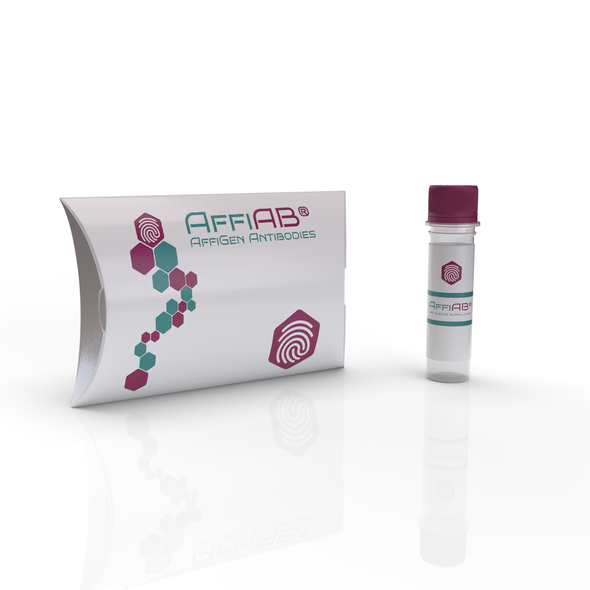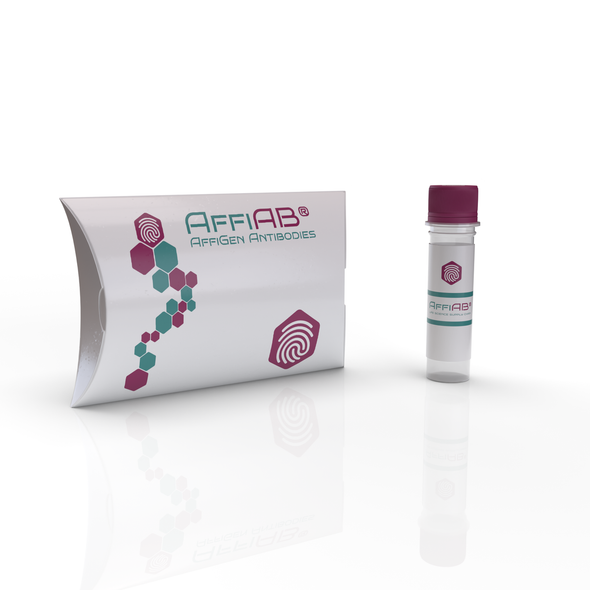AffiAB® Goat Anti-Rabbit IgG, DyLight® 405 Polyclonal IgG Antibody
- SKU:
- AFG-AB-288
- Availability:
- 3 to 5 Days Shipment
- Size:
- 500 µg
- Concentration:
- 2.5 mg/ml
Description
Our AffiAB® Goat Anti-Rabbit IgG, DyLight® 405 Polyclonal IgG Antibody is a reliable, high-quality product. It is produced using our highly advanced purification and labeling processes to ensure optimal performance. This antibody is specifically designed to detect and quantify rabbit IgG and is particularly useful for flow cytometry applications.
The AffiAB® Goat Anti-Rabbit IgG, DyLight® 405 Polyclonal IgG Antibody is an antibody specifically designed to target and bind to rabbit immunoglobulin G (IgG). IgG is a type of antibody produced by rabbits in response to an antigenic stimulus.
This polyclonal antibody is generated by immunizing goats with purified rabbit IgG or a specific peptide derived from rabbit IgG. The resulting antibodies are then purified from the goat serum to ensure high specificity and quality.
The AffiAB® Goat Anti-Rabbit IgG, DyLight® 405 Polyclonal IgG Antibody is widely used in research applications that involve the detection, quantification, and localization of rabbit IgG. It can be used in techniques such as immunofluorescence, immunohistochemistry, immunoblotting, and immunoprecipitation.
By specifically recognizing rabbit IgG, researchers can study various aspects of antibody-mediated immune responses, antibody production, and antigen-antibody interactions in rabbit models. This antibody is particularly useful in experiments where rabbit IgG needs to be detected or differentiated from other IgG isotypes or species.
It is important to note that the AffiAB® Goat Anti-Rabbit IgG, DyLight® 405 Polyclonal IgG Antibody is designed for use with the DyLight® 405 fluorescent dye. The DyLight® 405 dye emits blue fluorescence upon excitation and is suitable for multicolor fluorescence microscopy and flow cytometry applications.
Researchers should validate the antibody's performance and specificity in their specific experimental conditions and ensure proper controls are included. This antibody can be a valuable tool in immunological and biomedical research, allowing for the detection and characterization of rabbit IgG in diverse biological samples and experimental systems.






